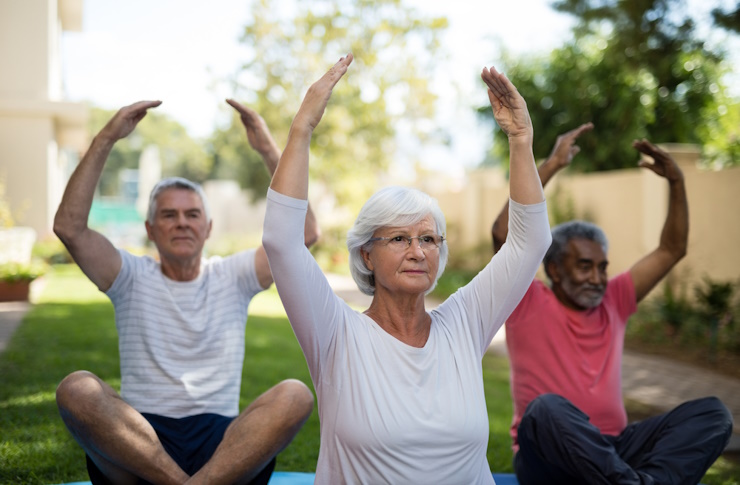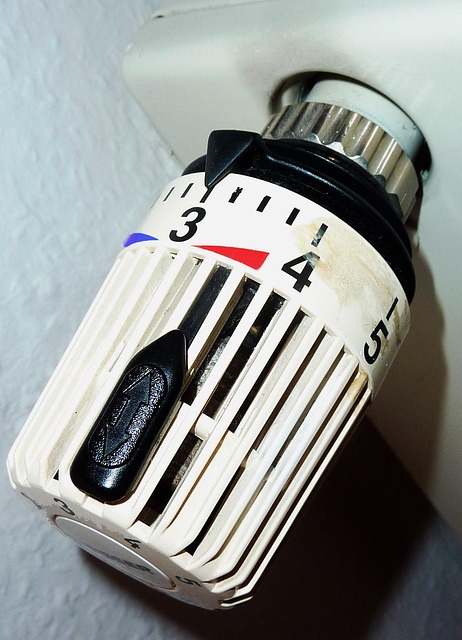Rejuvenate Health Retreats: A Refreshing Experience For Seniors
Health retreats offer seniors a unique opportunity to focus on wellness, relaxation, and personal renewal in supportive environments. These specialized programs combine therapeutic activities, nutritious meals, and holistic care designed to address the physical, emotional, and social needs of older adults. Whether seeking stress relief, improved mobility, or simply a peaceful escape, seniors can find tailored experiences that promote overall well-being and vitality.

As people age, maintaining physical health and emotional balance becomes increasingly important. Health retreats designed specifically for seniors provide structured environments where older adults can focus on rejuvenation, healing, and self-care. These retreats go beyond traditional vacations by offering comprehensive wellness programs that address the unique challenges and opportunities of aging. From gentle exercise classes to mindfulness practices and nutritional guidance, these experiences create space for seniors to reconnect with themselves and prioritize their health in meaningful ways.
This article is for informational purposes only and should not be considered medical advice. Please consult a qualified healthcare professional for personalized guidance and treatment.
How Does a Health Retreat Help Seniors Rejuvenate?
Health retreats create structured environments that remove daily stressors and distractions, allowing seniors to focus entirely on their well-being. These programs typically include guided activities such as yoga, tai chi, meditation, and nature walks that are adapted to accommodate varying mobility levels and fitness capabilities. The combination of physical movement, mental relaxation, and social connection helps reduce stress hormones, improve sleep quality, and boost overall mood.
Many retreats incorporate therapeutic services such as massage, hydrotherapy, and acupuncture that address common age-related concerns like joint pain, muscle tension, and circulation issues. The immersive nature of these experiences allows seniors to develop new healthy habits in a supportive setting, making it easier to maintain positive changes after returning home. Additionally, being in natural or peaceful environments away from urban noise and responsibilities provides mental clarity and emotional restoration that can be difficult to achieve in everyday life.
Benefits of a Health Retreat for Seniors
The benefits of health retreats for seniors extend across physical, mental, and social dimensions of wellness. Physically, these programs often lead to improved flexibility, strength, and cardiovascular health through regular, appropriate exercise. Nutritious meals prepared with whole foods and tailored to dietary needs can help manage weight, reduce inflammation, and increase energy levels.
Mentally and emotionally, retreats provide opportunities for stress reduction, anxiety management, and the development of mindfulness skills that enhance emotional resilience. Many seniors report feeling more optimistic, peaceful, and mentally sharp after attending retreats. The social aspect is equally valuable, as participants connect with peers who share similar life experiences and wellness goals. These connections can reduce feelings of isolation and loneliness, which are common concerns among older adults. Furthermore, learning new skills and engaging in creative activities during retreats can boost cognitive function and provide a renewed sense of purpose.
Choosing the Right Retreat Experience For Seniors
Selecting an appropriate health retreat requires careful consideration of individual needs, preferences, and health conditions. Seniors should first assess their primary wellness goals, whether focused on physical rehabilitation, stress management, spiritual growth, or social engagement. It is essential to verify that the retreat facility is equipped to accommodate any mobility limitations, medical needs, or dietary restrictions.
Location plays an important role in the retreat experience. Some seniors prefer coastal or mountain settings for their natural beauty and tranquility, while others may choose retreats closer to home for convenience and accessibility. The duration of the retreat should align with personal schedules and comfort levels, with options ranging from weekend getaways to week-long or month-long programs. Reading reviews, speaking with past participants, and consulting with healthcare providers can provide valuable insights when making this decision. Additionally, checking staff qualifications, safety protocols, and emergency medical access ensures a secure and supportive environment.
Types of Programs Available at Senior Health Retreats
Health retreats for seniors offer diverse program formats to meet varied interests and needs. Wellness-focused retreats emphasize holistic health through yoga, meditation, nutritional education, and spa treatments. Fitness retreats concentrate on physical conditioning with guided exercise classes, hiking, swimming, and strength training adapted for older adults. Some retreats specialize in specific therapeutic approaches such as Ayurveda, traditional Chinese medicine, or naturopathy.
Spiritual retreats provide space for reflection, prayer, and connection with faith traditions or personal beliefs. Creative retreats incorporate art, music, writing, or gardening as therapeutic activities that stimulate the mind and spirit. Medical wellness retreats offer supervised programs for managing chronic conditions like arthritis, diabetes, or heart disease under professional guidance. Understanding the different program types helps seniors identify experiences that align with their personal wellness journey and desired outcomes.
What to Expect During Your Retreat Stay
Most senior health retreats follow a structured daily schedule that balances activity with rest. Mornings often begin with gentle movement practices such as stretching, yoga, or walking meditation, followed by a nutritious breakfast. Mid-morning and afternoon sessions may include educational workshops, therapeutic treatments, group activities, or personal time for reflection and relaxation.
Meals are typically communal experiences that encourage social interaction and feature fresh, wholesome ingredients prepared to support health goals. Evenings might include restorative practices like guided meditation, journaling sessions, or informal gatherings. Accommodations range from shared rooms that foster community to private spaces for those preferring solitude. Staff members, including wellness coaches, fitness instructors, nutritionists, and healthcare professionals, are available to provide guidance, answer questions, and ensure participant safety and comfort throughout the stay.
Preparing for Your Health Retreat Experience
Proper preparation enhances the retreat experience and helps seniors gain maximum benefit from their time away. Before departure, it is wise to consult with a healthcare provider to discuss any health concerns and obtain clearance for physical activities planned during the retreat. Packing appropriate clothing for exercise, relaxation, and varying weather conditions ensures comfort throughout the stay.
Bringing any necessary medications, medical devices, or assistive equipment is essential, along with documentation of medical conditions and emergency contacts. Setting personal intentions or goals for the retreat helps maintain focus and measure progress. It can be helpful to arrive with an open mind, ready to try new experiences and connect with fellow participants. Informing family members of the retreat location and schedule provides peace of mind for everyone involved. Finally, arranging for post-retreat support, such as follow-up appointments or continued wellness practices at home, helps sustain the positive changes initiated during the retreat.
Health retreats offer seniors valuable opportunities to prioritize wellness, discover new approaches to healthy living, and experience renewal in supportive environments. By carefully selecting programs that align with individual needs and preparing thoughtfully for the experience, older adults can gain lasting benefits that enhance their quality of life and overall sense of well-being.




